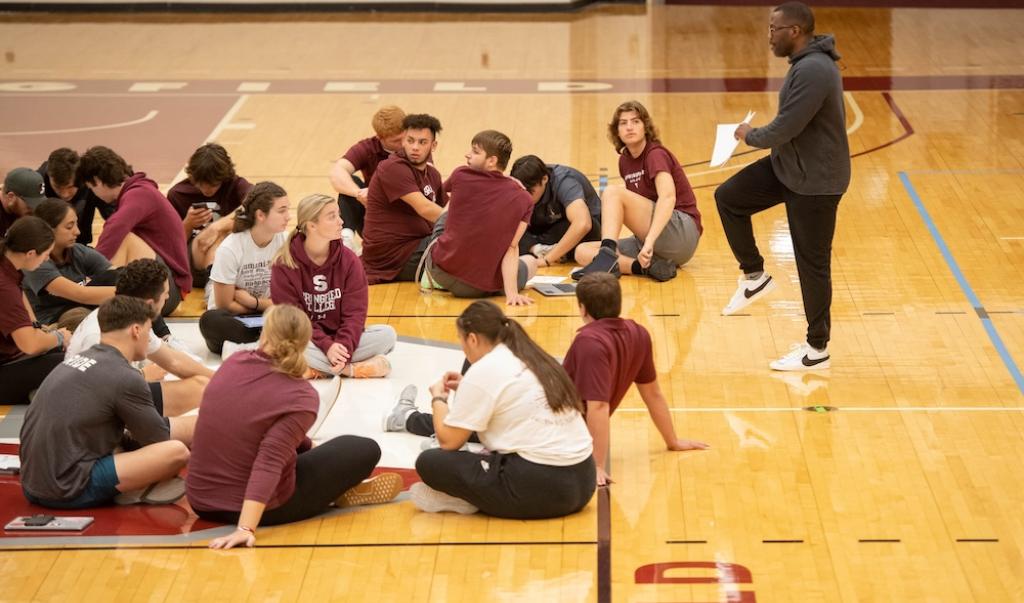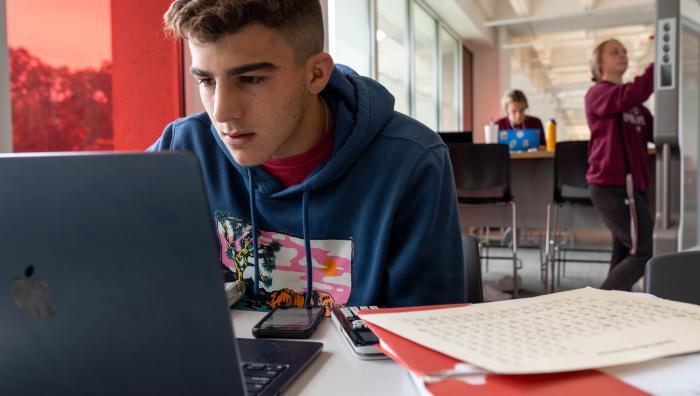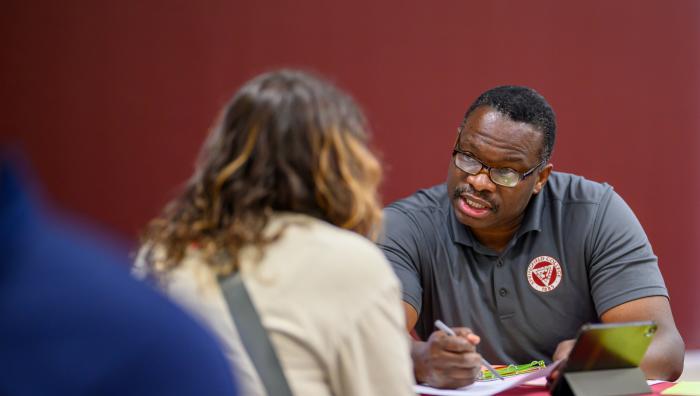Movement and Sports Studies
Bachelor of Science
| About This Program | |
|---|---|
|
Program Contact
Michelle Moosbrugger |
|
|
Review our admissions requirements |
|
| Curriculum and Delivery | |
|
Did You Know?
We offer an optional accelerated pathway to your degree in just 3 years. Complete your bachelor’s degree in just three years through our accelerated pathway. By taking full course loads during fall and spring, plus summer sessions, you’ll finish your 120-credit program faster—entering the workforce or graduate school a year early and boosting your lifetime earning potential. Interested in this pathway? Discuss this with your advisor prior to and upon entry to Springfield College as a first-year student. |
|
| Graduate Success and Careers | |
| Paying for Your Education | |
|
Upcoming Events
Check back soon for upcoming events! |
|

Transform Athletic Potential.
Springfield College has a reputation for being a leader in the field of movement studies. And, we can back it up.
Our Movement and Sports Studies major offers a comprehensive understanding of the scientific and social foundations of movement and its cultural forms of dance, sports, games, and exercise. Students engage in self-selected and career-focused fieldwork in settings that may include YMCAs, fitness centers, colleges/universities, before/after school programs, and more.
Graduates of the movement and sports studies program work in school and community-based agencies, including YMCAs and recreational facilities. Graduates also pursue graduate education in physical education, athletic administration, advanced level coaching, adapted physical education, health promotion, and sport and exercise psychology.




